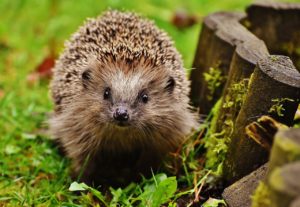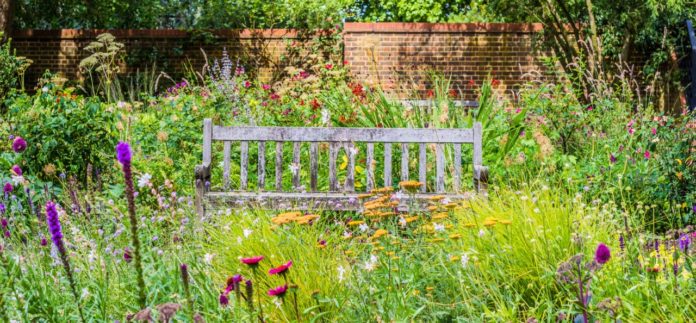Natuurmonumenten (Nature’s Monuments) recently concluded a National Garden Survey. It shows that 81% of the participants want to to give nature a helping hand.
Almost 44 000 people have taken part in the Natuurmonumenten survey so far. This large number shows that ‘the green garden’ is very topical, which is good news for Mother Nature. More than 56,000 hectares of land in the Netherlands are private gardens. So, if these are used more naturally, many plants and animals will benefit.
“The corona crisis seems to have caused a revaluation of nature,” reads an article on this organisation’s website. “That’s not only expressed in many visitors to nature reserves. It also shows in the way people deal with their gardens.” Mathiska Lont, a forester at Natuurmonumenten, says, “More than ever, people are working in the garden and enjoying everything that grows, blooms, hums, and flutters.”
“Everything’s interconnected”
“In nature, everything’s interconnected – without trees, there are no flowers, without flowers, there are no insects, without insects, there are no birds. It is precisely this variation that’s important to keep everything in balance. Private gardens work exactly the same way – the more variety, the better. Garden designs, certainly within the urban environment, are crucial for biodiversity.”

Small adjustments to a garden are of great value to animal life. Birds, hedgehogs, bees or butterflies can find food, safety and shelter in a garden. Your garden’s then not only a place for a cup of coffee on the terrace or a barbecue but also a more attractive habitat for animals.
A striking result is that older people have greener gardens. Of respondents over 50, 67% of have less than half their gardens tiled, compared to 48% of people under 50. However, the younger generation has a greater ambition to give nature more space in their garden. More than 60% of the under-50s indicate they plan to replace paving or fences with greenery next year.
The sky’s the limit
Respondents indicated that a lack of space is often a reason to keep a lot of tiles. That means less room for plants. Mathiska says, “There’s a solution for that. If you have limited space, go up.”
“Many respondents also recognised this – of those who still have a bare fence or wall, 60% say they’d like to have it overgrown next year. Ivy barely takes up more space than a bare fence. It cools us down, and for many birds, it’s a good place to build a nest”.
Natuurmonumenten works hard to protect and preserve the Netherlands diverse fauna and flora. But gardens are also an important ‘landscape’. “We want to make people aware of what they can do for nature themselves. It doesn’t even have to be a big change,” the forester concludes.
Would you like a greener garden, too?
The garden survey can still be completed until 30 June. Someone could even win a garden makeover. There are also tips on how to give nature a little more space in your garden on the organisation’s website.
There are free promotional flower seeds packages with even more tips and information about biodiversity in the garden available too. Please note: the survey and tips are in Dutch.
Source: Natuurmonumenten
Translator: Melinda Walraven
















